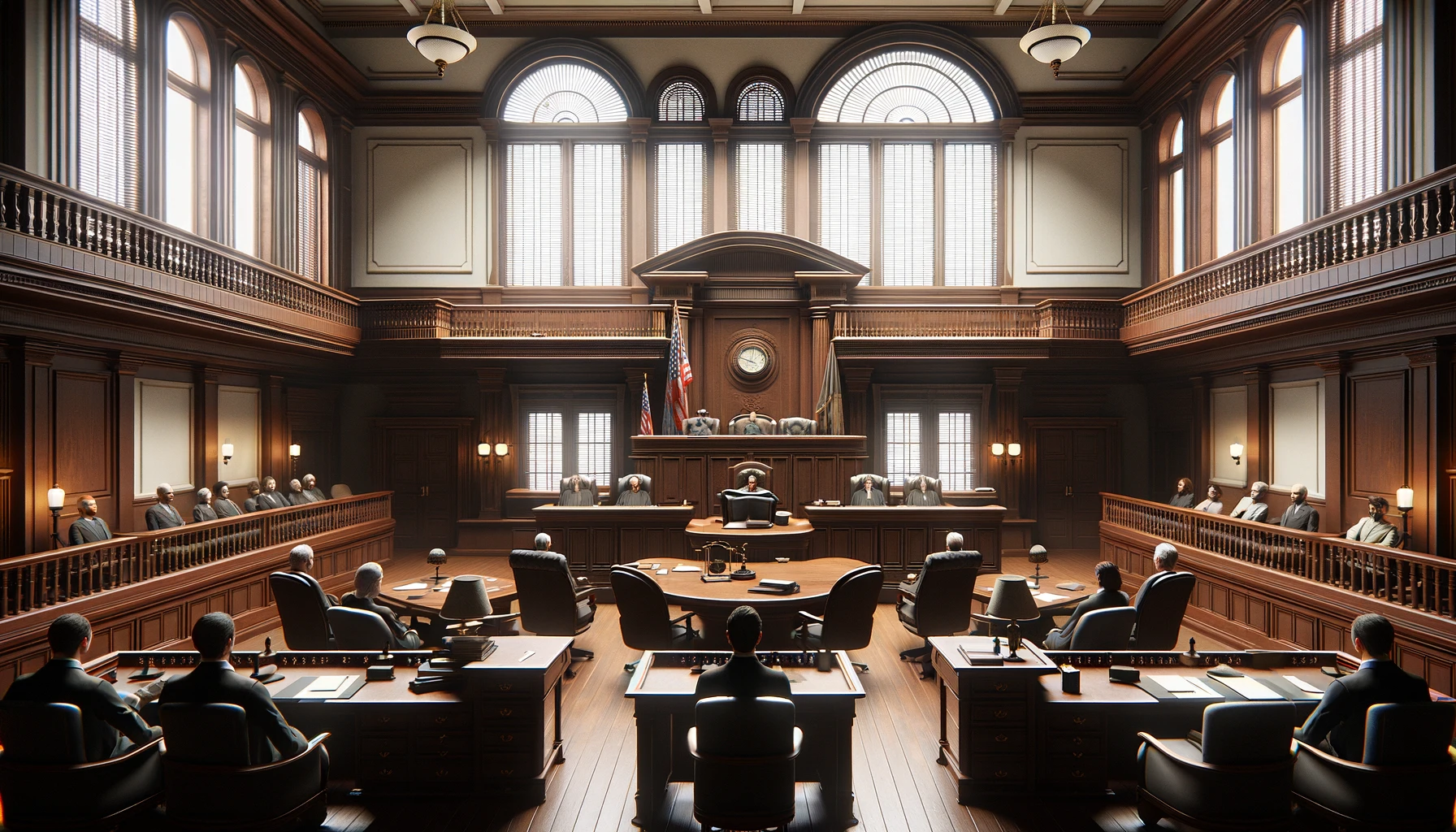OpenAI, the company that created ChatGPT, is involved in legal disputes over claims of copyright infringement, a noteworthy development highlighting the increasing strain between the tech sector and digital media sources. The Intercept, Alternet, and Raw Story, three well-known digital media outlets, sued OpenAI because the tech giant trained its artificial intelligence models on journalistic information protected by copyright without giving due credit.
Legal battle intensifies
The lawsuits, filed on Wednesday, mark an escalation in the industry’s pushback against OpenAI’s methodologies for developing advanced AI technologies. The legal actions by The Intercept, and collectively by Raw Story and Alternet, assert that OpenAI utilized copyrighted works by journalists in its training sets, deliberately omitting critical information such as bylines and headlines, thereby concealing its infringement activities.
The complainants seek damages of at least $2,500 per violation and demand that OpenAI expunge all copyrighted material from its training datasets. The core of the dispute revolves around OpenAI’s decision to either use journalism works with copyright management information intact, as protected by the DMCA or to strip away such information—a choice the plaintiffs argue leads to a disregard for copyright laws and a failure to provide necessary attribution.
The broader context
This legal confrontation is part of a broader debate over the use of copyrighted content in training large language models (LLMs) for generative AI. The New York Times initiated what has become a landmark case in this arena, filing a lawsuit against Microsoft and OpenAI in December 2023. The suit alleges that the defendants infringed on millions of copyrighted articles, including news stories, opinion pieces, and guides, to build their generative AI tools.
As technology becomes increasingly integrated into the media industry, publishers are confronted with a critical choice: to challenge the tech companies’ use of their copyrighted materials or to allow it in exchange for substantial fees. Meanwhile, some organizations, like News Corp., have partnered with OpenAI, highlighting a divide in strategies among media companies regarding the adaptation to generative AI technologies.
Implications for the tech and media industries
The legal challenges against OpenAI represent a pivotal moment for the media and tech industries, signaling a potential shift in how generative AI technologies are developed and utilized. These lawsuits underscore the importance of copyright considerations in the age of AI and raise questions about the future relationship between technology companies and content creators.
As the situation unfolds, the outcomes of these legal battles could set significant precedents for using copyrighted materials in AI training, potentially influencing future innovations and the operational frameworks of tech companies. With stakes this high, the tech and media landscapes are poised for transformation as each sector navigates the complex interplay of innovation, copyright law, and the ethical use of digital content.
This developing story highlights the evolving dynamics between technological advancement and copyright protection, underscoring the need for a balanced approach that respects the rights of content creators while fostering innovation in AI development.
A Step-By-Step System To Launching Your Web3 Career and Landing High-Paying Crypto Jobs in 90 Days.
